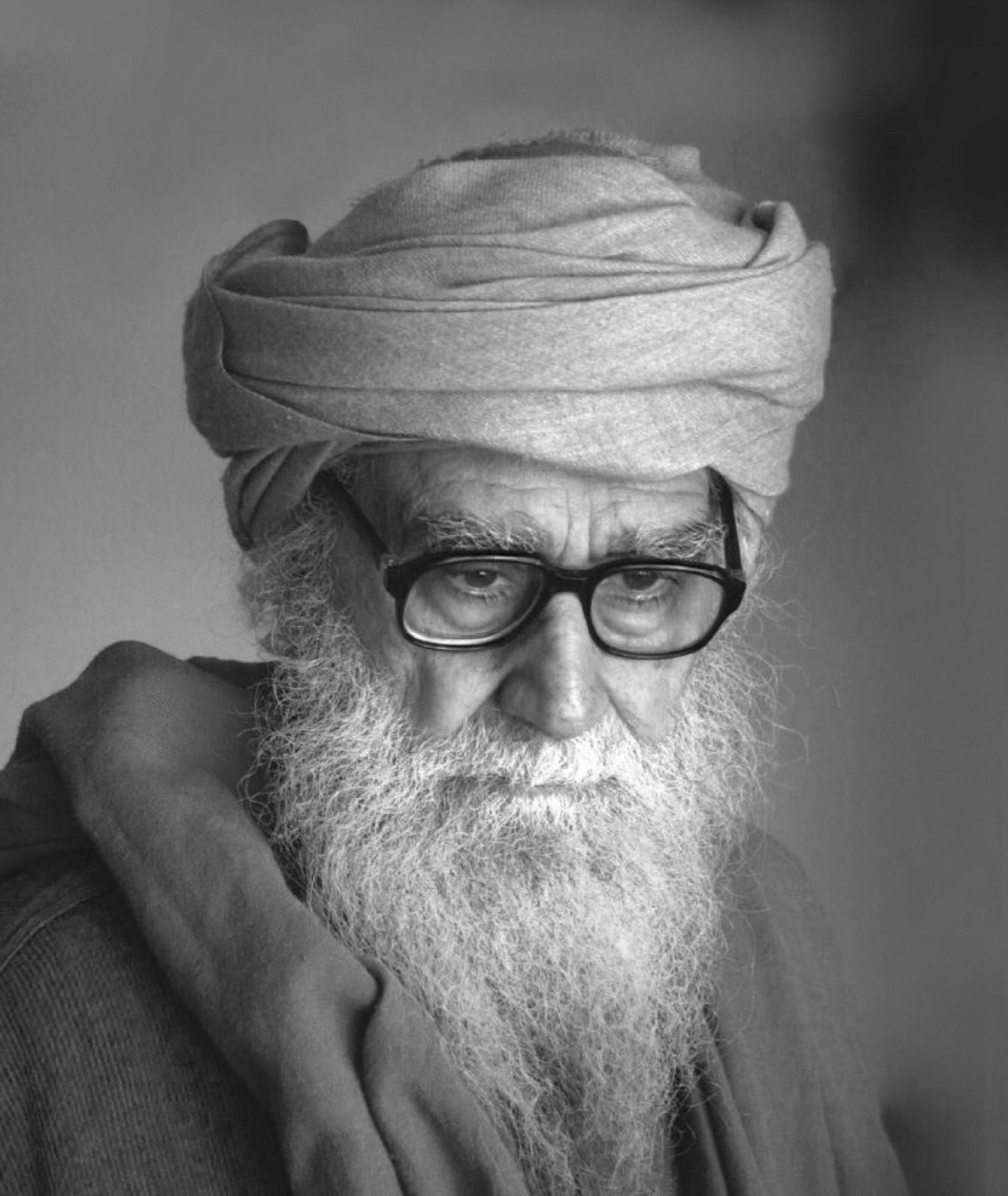FROM MAULANA’S DESK
 Maulana Wahiduddin Khan, born in 1925, in Azamgarh, Uttar Pradesh, is an Islamic spiritual scholar who is well-versed in both classical Islamic learning and modern disciplines. The mission of his life has been the establishment of worldwide peace. He has received the Padma Bhushan, the Demiurgus Peace International Award and Sayyidina Imam Al Hassan Peace award for promoting peace in Muslim societies. He has been called ’Islam’s spiritual ambassador to the world’ and is recognized as one of its most influential Muslims. His books have been translated into sixteen languages and are part of university curricula in six countries. He is the founder of the Centre for Peace and Spirituality based in New Delhi.
Maulana Wahiduddin Khan, born in 1925, in Azamgarh, Uttar Pradesh, is an Islamic spiritual scholar who is well-versed in both classical Islamic learning and modern disciplines. The mission of his life has been the establishment of worldwide peace. He has received the Padma Bhushan, the Demiurgus Peace International Award and Sayyidina Imam Al Hassan Peace award for promoting peace in Muslim societies. He has been called ’Islam’s spiritual ambassador to the world’ and is recognized as one of its most influential Muslims. His books have been translated into sixteen languages and are part of university curricula in six countries. He is the founder of the Centre for Peace and Spirituality based in New Delhi.
SETTING THE RIGHT PRIORITIES
IN view of the faith of the Muslims, their tradition, history and numbers in India, the Indian Muslims are in a position to make a major contribution in the development of this country. In any developed country no particular community remains backward. This is a law of nature.
The saying ‘in giving we receive‘ could well have come true for the Muslims. But for this to become a reality, they need a period of tranquillity, and this is possible only if they unilaterally withdraw all their grudges and complaints against other communities. They should now rise above the reactionary psychology of the times. Unfortunately, the Muslim leadership has failed to give the necessary guidance. As a result, the Muslims in general are reduced to being a group ‘with demands’ and as such have not become a giver group.
The religion of Islam as it is, gives them enough stature to play a constructive and effective part in tackling the grave problems that our country is facing. But, due to the intellectual bankruptcy on the part of the Muslim leadership, no such solutions are forthcoming.
If the Muslims fail to relate to their present situation, it is in large measure due to their emotional development having atrophied in memory of their glorious past. They had, after all, been rulers of South Asia for almost a millennium. This indeed, is the principal underlying factor in the lack of realism which marks a great deal of their own planning for the future. Adverse circumstances having led them to the point where the only feasible course is to take ‘a back seat’, they are still unwilling to face up to the reality of the situation. Worse, they are misled by their leaders, who keep harking back to the heyday of the Mughal reign. In the present context, the paths along which the Muslims are directed by popular leaders can only lead to destruction.
The realization has not yet come to them that from the position of the ‘back seat’, they are free to devote their time and energy to exploiting their own considerable potential. By putting aside notions of privilege and precedence, they can better educate and develop themselves in consonance with the present times. It is simply a question of their getting their priorities right.
In this world, it is only those can ultimately succeed who stop railing against defeat, and accept it with a view to doing something positive about the situation. Muslims should never lose sight of the fact that a strategic retreat makes it possible to return to the fray. Such a wise course was very well understood by the Muslims 1,400 years ago when they drew up the peace treaty of Hudaibiya which, although apparently over-conciliatory towards the opponent, ultimately permitted the Prophet of Islam’s mission to go forward unhindered.
Muslims must concede that ours is a highly competitive world, one in which success, and sometimes the very survival, is a question of outdistancing others. But, looked at positively, this spirit of competition is the ladder to human progress. Few advances have been made in history without this spirit having been predominant. The first step towards taking positive action is to admit defeat, and face the realities of the situation. Once that psychological hurdle has been cleared, there is nothing to stop an individual, community or nation from working towards regaining, or even bettering, its lost position. What must be avoided at all costs is sinking irrevocably into a morass of paranoid stagnation. While there is nothing to be gained from pessimism, there is everything to be gained from a positive approach.
Maulana Wahiduddin Khan
[email protected]
Follow Maulana at http://www.speakingtree.in (The Times of India)





